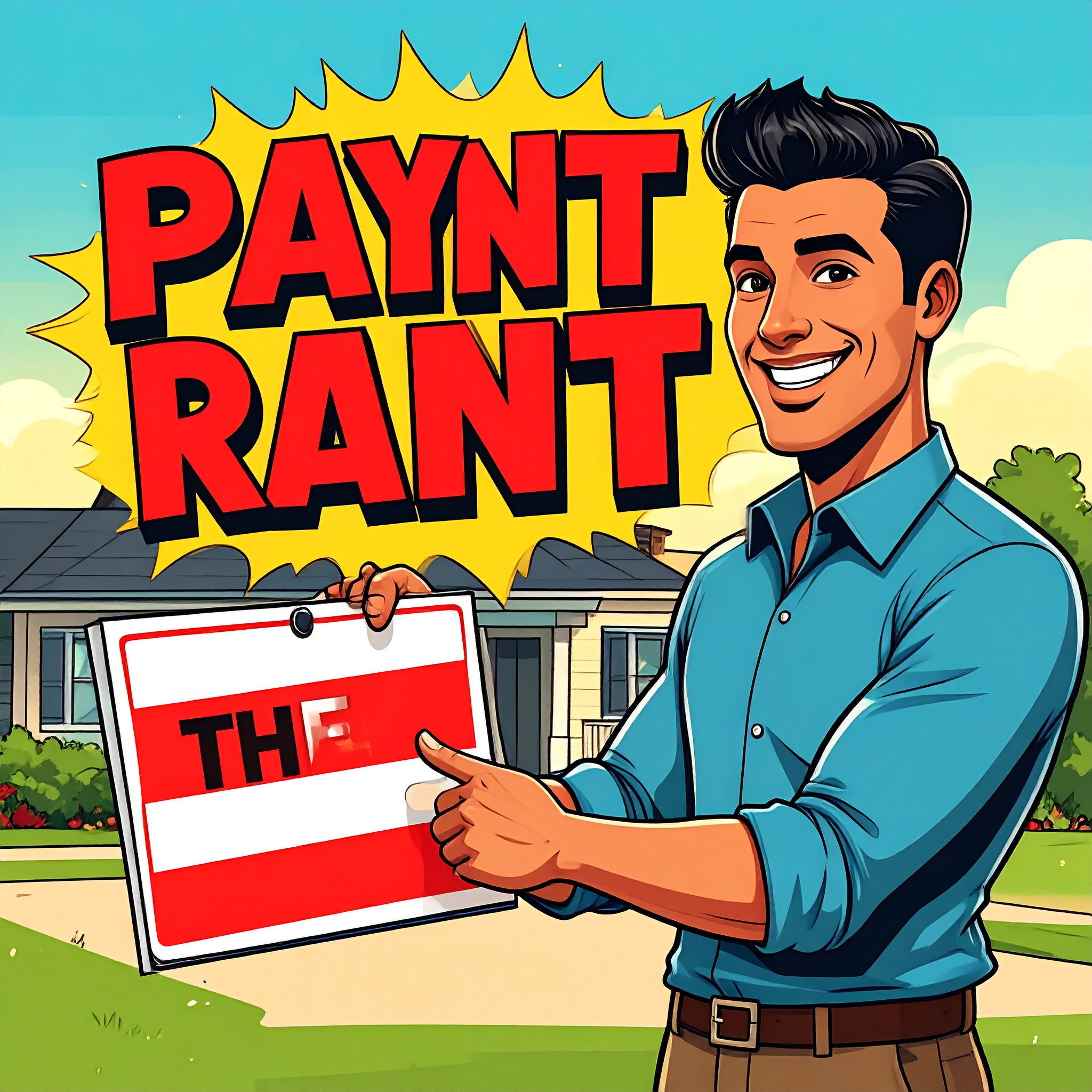Once a lease agreement is signed, monthly rent payments become a routine part of life.
While the lease contract clearly stipulates this obligation, many tenants remain unclear on key points such as “Are there different payment methods?” or “What happens if I miss the deadline?”
This article provides a clear, practical overview of the various rent payment methods, standard payment deadlines, and the potential consequences of delayed payment—grounded in real-world rental practices.
Three Primary Methods of Paying Rent
In a rental agreement, the method of monthly rent payment is clearly specified in the lease.
The three most common methods are as follows:
1. Direct Debit (Automatic Bank Withdrawal)
-
Rent is automatically withdrawn from a designated bank account each month.
-
This is the most common method and is often arranged through the property or guarantor company.
-
The withdrawal date is fixed each month (e.g., the 27th).
2. Bank Transfer
-
The tenant manually transfers the rent each month to a designated account.
-
Bank transfer fees, if any, are generally the tenant’s responsibility.
-
It is advisable to keep transaction records or bankbook entries as proof of payment.
3. Credit Card Payment (Property-Specific Availability)
-
Some properties allow rent payments by credit card through settlement services provided by the guarantor or property management company.
-
While this method offers benefits such as earning reward points, it remains relatively uncommon and is only available at select properties.
Rent Payment Deadlines Are Not Based on Month-End Billing
The standard practice is advance payment, meaning the rent for the upcoming month must be paid before that month begins. For example, rent for March is generally due by the end of February.
Common Examples of Rent Payment Deadlines
| Deadline Stated in Contract | Payment Details |
|---|---|
| By the end of each month | Payment for the following month (advance payment) |
| By the 25th of each month | Payment for the following month (e.g., auto-debit date) |
The lease agreement typically states:
“Rent must be paid by the specified date each month using the method designated by the landlord.”
Therefore, even in the case of automatic withdrawals, tenants must ensure sufficient funds are available in their account by the deadline.
What Happens If You Miss a Rent Payment? Potential Risks of Delinquency
Late rent payment is referred to as a “delinquency” or “arrears.”
While a single late payment may not immediately result in conflict, repeated or extended delays can severely affect both your credibility and the continuation of your lease.
Potential Risks of Delinquent Rent Payment
| Risk | Description |
|---|---|
| Late payment penalties | Most contracts specify interest on arrears, often around 14.6% annually. |
| Reminders and demands | You may receive phone calls or written notices from the property or guarantor company. |
| Impact on credit history | If using a guarantor company, delinquency may be reported to personal credit records. |
| Eviction or lease termination | Delays of two to three months can lead to formal lease termination and eviction. |
| Claims against guarantor | If a guarantor is involved, they may be held financially responsible on the tenant’s behalf. |
Recommended Actions When Facing a Potential Rent Payment Delay
✅ 1. Do not ignore the situation—always notify the relevant party
Unexplained delays in payment can lead to being viewed as an unreliable tenant.
It is essential to contact the property management or guarantor company in advance, explain the situation, and provide a specific date by which payment will be made.
✅ 2. If a delay occurs, settle the payment as soon as possible
The sooner you make the payment, the better your chances of minimizing late fees and protecting your credibility.
✅ 3. Keep proof of payment
Save transaction details from ATMs or online banking, such as receipts or screenshots, to avoid future disputes over whether the rent was paid.

Common Misconceptions and Important Clarifications
| Misconception | Reality |
|---|---|
| “It’s fine if I’m just one day late.” | Late payment penalties may still apply, and even a short delay can impact your credit standing. |
| “The guarantor company will cover any unpaid rent.” | The guarantor may temporarily pay on your behalf, but you are still fully responsible for repaying the amount. |
| “I thought I only had to pay by the end of the month.” | Most leases require advance payment for the upcoming month—a payment by month-end typically covers the following month’s rent. |
Checklist for Confirming Rent Payment Methods and Deadlines
-
What is the “monthly due date” and “payment method” as stated in your lease agreement?
-
Have you correctly set up the designated bank transfer account or auto-debit account?
-
Can the payment method be changed (e.g., is credit card payment an option)?
-
Are the terms regarding late payment interest or penalties clearly defined?
-
If the payment date falls on a weekend or holiday, when will the transaction be processed?
Rent payment is not merely a monthly routine—it is one of the most fundamental demonstrations of trust in maintaining your lease. Understanding the payment method and honoring deadlines is the first step in avoiding complications. If you anticipate any difficulty in making a payment, taking proactive steps and communicating early is essential to maintaining credibility.




